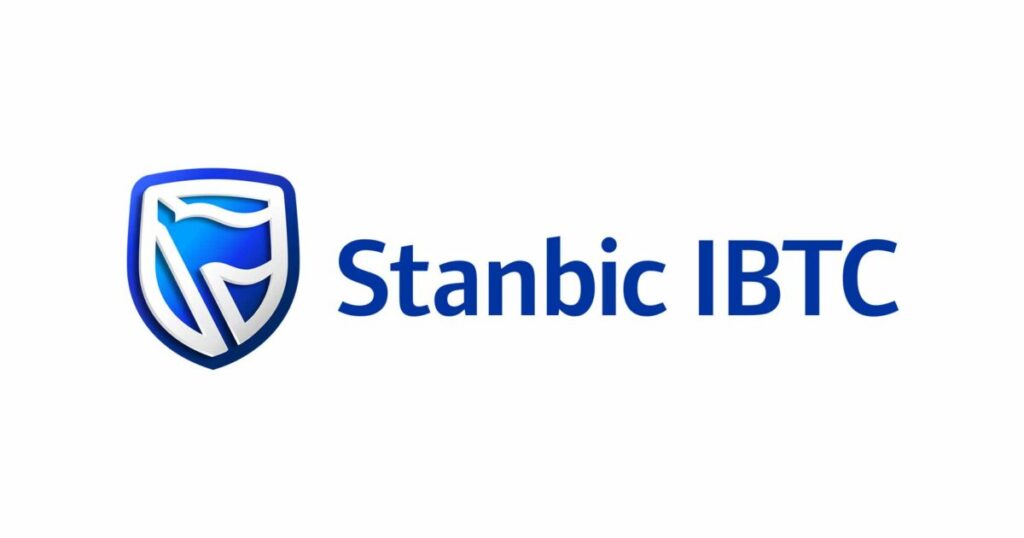Nigeria’s private sector activity strengthened in August, marking the ninth consecutive month of expansion, according to the Stanbic IBTC Bank Purchasing Manager Index.
According to the report, the sustained expansionary trend is driven by faster growth in output and new orders, which has kept business confidence upbeat amid easing input costs and moderating inflation pressures.
The headline figure derived from the survey is the Purchasing Managers’ Index. Readings above 50.0 signal an improvement in business conditions from the previous month, while readings below 50.0 show a deterioration.
The August reading stood at 54.2. This was above the 50.0 no-change mark for the ninth month running, signalling a sustained improvement in the health of the Nigerian private sector. Also, the latest reading was up from 54.0 in July, pointing to a solid strengthening of business conditions and one that was the most pronounced since April.
The PMI said that the rise in the headline index primarily reflected sharper expansions in output and new orders, with rates of growth hitting four- and 19-month highs, respectively. Those surveyed reported stronger customer demand and a greater willingness among clients to commit to new projects. Output increased across three of the four broad sectors covered by the survey, with the exception being manufacturing.
On the employment front, the report said that while firms expanded staffing levels in response to higher new orders, the rate of job creation was only slight and softer than that seen in July. Companies were nonetheless able to deplete outstanding business for the first time in five months.
Commenting on the report, the Head of Equity Research West Africa at Stanbic IBTC Bank, Muyiwa Oni, said, “Business activity increased further in August and has remained above 50 points for the ninth consecutive month. The increase in business activity was driven by sharper increases in output and new orders. Notably, output (56.8 points vs. July: 56.1 points) increased in line with customers’ willingness to commit to new projects, while the growth in new orders (58.3 points vs. July: 57.3 points) quickened to a 19-month high amid reports of increasing customer demand. Given these higher new orders, firms expanded their staffing levels for the third consecutive month. The opening of new branches and marketing plans is also supporting firms’ optimism that output will increase over the coming year.
“Elsewhere, input cost eased to its lowest level since March 2023, even though the latest increase is still above the series average. In line with this, the rate of increase in output prices moderated for the fourth consecutive month in August and was the slowest since April 2020.”
Oni added that the continued moderation of input and output prices still suggests that inflation is likely to remain soft in the near term and may incentivise the Monetary Policy Committee of the Central Bank of Nigeria to switch to an accommodative monetary policy by September from the current neutral stance.
“Indeed, we estimate headline inflation to moderate further in August to 21.45 per cent y/y – 21.63 per cent y/y and possibly settle at 17.19 per cent y/y – 17.92 per cent y/y by November. Accordingly, we still expect up to a 150 bps cumulative rate cut in 2025,” Oni projected.















